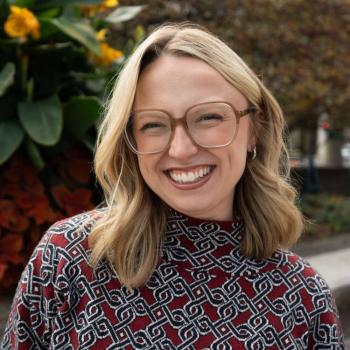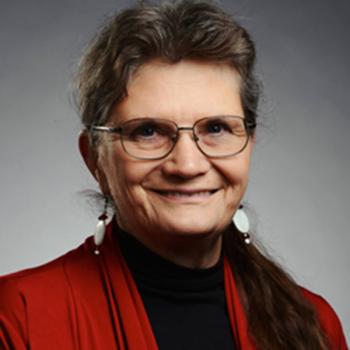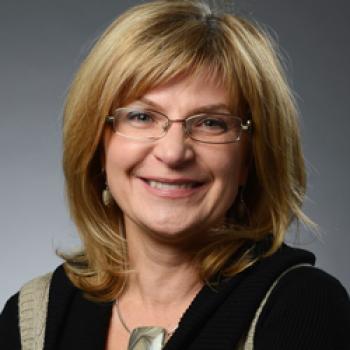Master’s in Special Education, MA
With a master’s in special education, you can address the learning and socio-emotional needs of students with learning and intellectual disabilities, severe emotional and behavior disorders, and other disabilities.
This intensive, field-based program prepares you to work democratically with students from kindergarten through age 21. The program leads to the Illinois LBS1 teaching credential.
This 2-year program consists of a mix of in-person and online classes on the Chicago campus. Your final semester will include an in-person student teaching placement at a field experience site. Admissions are open for fall and spring start dates.
Why Roosevelt for Your Master’s
Social Justice Focus
At Roosevelt, you’ll build inclusive, engaging relationships with faculty, school practitioners and learners. Immerse yourself in diverse school and community cultures.
Develop a rich and broad understanding of how to instruct diverse learners with special needs. The master’s program nurtures social justice leadership and coaches candidates toward career success.
Thorough Teacher Preparation
Teaching is a rewarding profession, but requires a lot of commitment and preparation.
At Roosevelt, you can expect focused and practical assignments, engaging discussion, small group projects, and field experiences in diverse schools and classrooms. You’ll also work with assistive technologies to improve communication and learning for all students.
In your final semester, you’ll complete a 15-week student teaching experience under the guidance of a mentor teacher and a university supervisor.
100% Pass Rate
The master’s program has a 100% pass rate on the edTPA, the capstone assessment required for teacher licensure in Illinois.
You’ll be qualified to work children with all areas of special education needs, except sensory impairments and communication disorders.
You can also add endorsements to your teaching license:
- Elementary Education
- Bilingual/ESL
- Early Childhood Special Education approval
- Middle School
- Reading Teacher
If you hold a current Professional Education License in Illinois, learn more about the LBS1 endorsement certificate.
Assistive technologies are developing at a rapid pace. I bring these technologies into my classrooms, and show my students how to use them to improve communication and learning for all students, regardless of abilities.
Cindy Anderson
Associate Professor Emeritus, Special Education, Roosevelt University
Meet Your Admission Counselor


